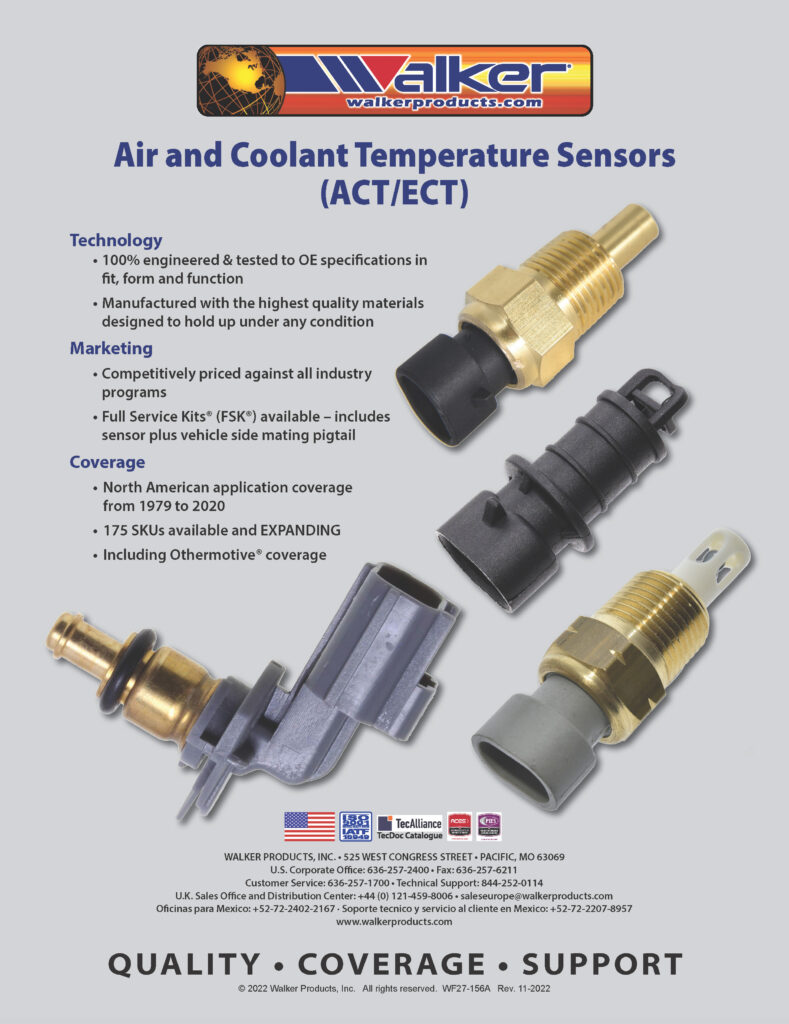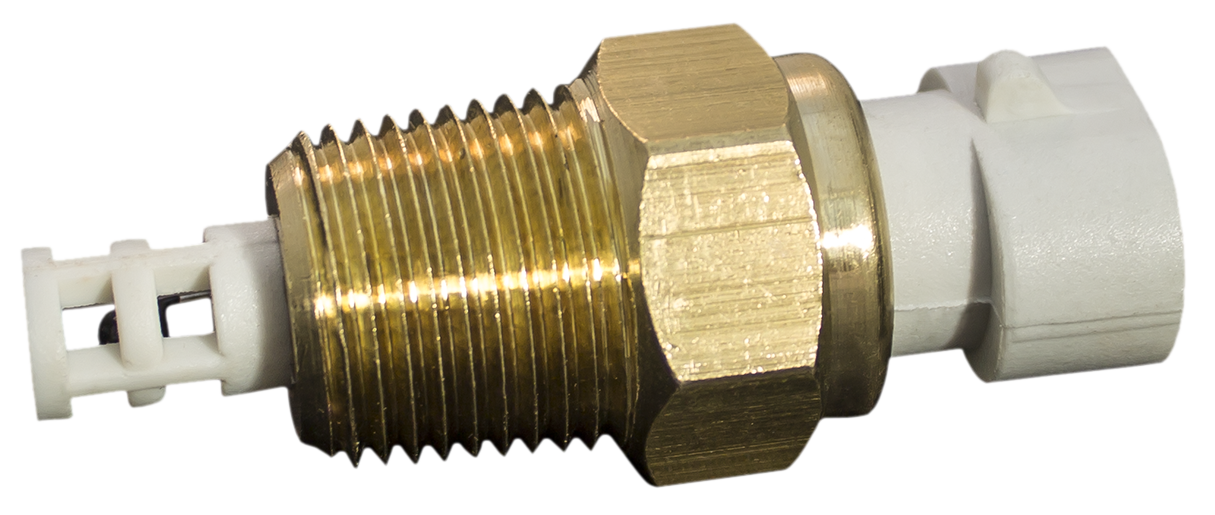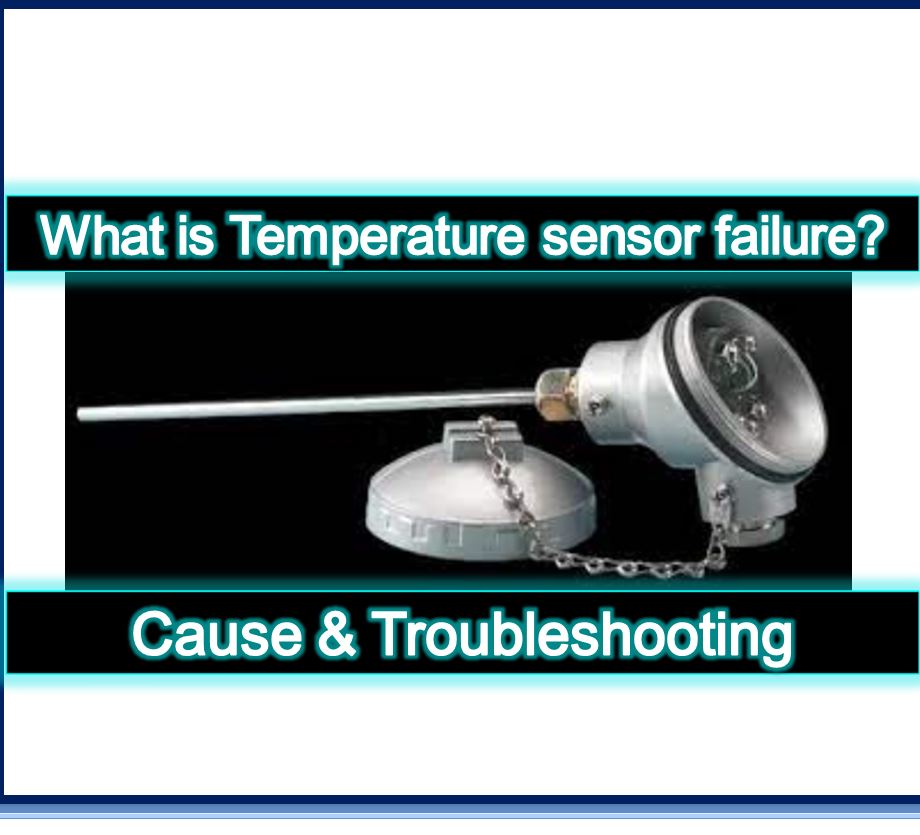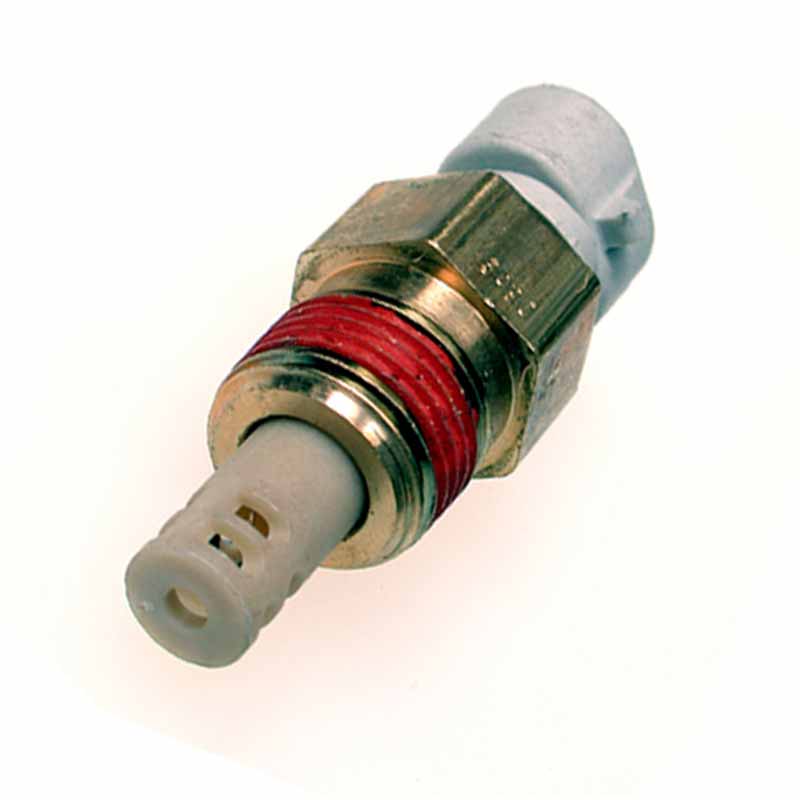Air Charge Temperature Sensor Failure Symptoms

Imagine cruising down a scenic highway, the sun warming your skin, the wind whispering through your hair. Suddenly, your car starts sputtering, losing power, and generally acting like it's having a bad day. The check engine light, that dreaded beacon of automotive woe, blinks accusingly. What could be the culprit behind this sudden disruption to your idyllic road trip?
The Air Charge Temperature (ACT) sensor, a small but crucial component, might be the reason for your car's woes. This article will delve into the world of ACT sensors, exploring their function, failure symptoms, and the impact they can have on your vehicle's performance.
Understanding the Air Charge Temperature Sensor
The ACT sensor, also known as the intake air temperature (IAT) sensor, plays a vital role in your engine's efficient operation. It measures the temperature of the air entering the engine's intake manifold. This information is then relayed to the engine control unit (ECU), the car's brain.
The ECU uses this temperature data to adjust the air-fuel mixture. Optimizing the air-fuel ratio ensures efficient combustion. This, in turn, leads to optimal engine performance, fuel economy, and reduced emissions.
Think of it like this: a chef needs to know the temperature of the oven to bake a cake perfectly. The ACT sensor is the oven thermometer for your engine.
Symptoms of a Failing Air Charge Temperature Sensor
When the ACT sensor malfunctions, the ECU receives inaccurate or no information about the intake air temperature. This can lead to a cascade of problems that affect your vehicle's performance.
Poor Fuel Economy
A faulty ACT sensor can cause the ECU to miscalculate the optimal air-fuel mixture. Often, it will richen the mixture (more fuel, less air) as a safety measure. A richer mixture will negatively impact fuel economy, meaning you'll be visiting the gas station more frequently.
Nobody enjoys spending more money on gas. Monitoring your MPG can offer a clue that something is wrong.
Reduced Engine Performance
An incorrect air-fuel mixture can hinder combustion. This can result in sluggish acceleration, a noticeable lack of power, and an overall decrease in engine responsiveness.
Imagine trying to run a race while breathing through a straw. That's similar to what your engine experiences with a faulty ACT sensor.
Rough Idling
A failing ACT sensor can cause the engine to idle erratically. You might notice the engine speed fluctuating up and down, or the engine might even stall completely.
This erratic idling can be particularly noticeable when the engine is cold. It could be a sign the ACT sensor is failing.
Check Engine Light
The check engine light is often the first indicator of a problem. The ECU detects the discrepancy in the ACT sensor's readings and illuminates the warning light.
It's important to have the code read by a qualified mechanic. A diagnostic scan will pinpoint the exact issue.
Starting Problems
In some cases, a faulty ACT sensor can make it difficult to start the engine, especially in cold weather. The incorrect air-fuel mixture can prevent the engine from firing up properly.
The engine might crank and crank without ever catching. This can be frustrating, especially when you're in a hurry.
Black Smoke from Exhaust
A consistently rich air-fuel mixture, caused by a faulty ACT sensor, can result in black smoke emanating from the exhaust pipe. This indicates excessive fuel being burned.
Black smoke is a clear sign that something is seriously wrong with your engine's combustion process. Address the issue promptly.
Causes of ACT Sensor Failure
ACT sensors are generally reliable, but they can fail due to several reasons. Contamination from oil or debris is a common culprit. This build-up can interfere with the sensor's ability to accurately measure air temperature.
Electrical issues, such as damaged wiring or corroded connectors, can also disrupt the sensor's signal. Physical damage from impacts or extreme temperatures can lead to sensor malfunction.
Over time, the sensor's internal components can simply wear out, leading to inaccurate readings or complete failure.
Diagnosis and Repair
Diagnosing a faulty ACT sensor typically involves using a diagnostic scan tool to read trouble codes stored in the ECU. A mechanic will then visually inspect the sensor and its wiring for any signs of damage.
The sensor's resistance can be measured using a multimeter to verify its functionality. If the sensor is found to be faulty, replacement is usually the best course of action.
Replacement is generally a straightforward and relatively inexpensive repair. This makes it a manageable fix for most car owners.
The Importance of a Functional ACT Sensor
The ACT sensor may seem like a small component, but its impact on your vehicle's performance is significant. A properly functioning ACT sensor ensures optimal engine performance, fuel efficiency, and reduced emissions.
Ignoring the symptoms of a failing ACT sensor can lead to more serious engine problems down the road. Addressing the issue promptly can save you money and prevent further damage.
Regular maintenance and inspections can help identify potential problems early on. This keeps your car running smoothly and reliably.
Conclusion
The air charge temperature sensor plays a critical role in your vehicle's overall health. By understanding the symptoms of a failing sensor and addressing them promptly, you can keep your engine running smoothly and efficiently.
So, the next time your car starts acting up, don't overlook the humble ACT sensor. It might just be the key to restoring your engine's performance and getting you back on the road to a happy driving experience.
Remember, a little preventative maintenance can go a long way in ensuring a safe and enjoyable ride for years to come. Safe driving!
![Air Charge Temperature Sensor Failure Symptoms Symptoms of a Bad IAT [ Intake Air Temperature ] Sensor - YouTube](https://i.ytimg.com/vi/9FsjVn1cQMk/maxresdefault.jpg)

















